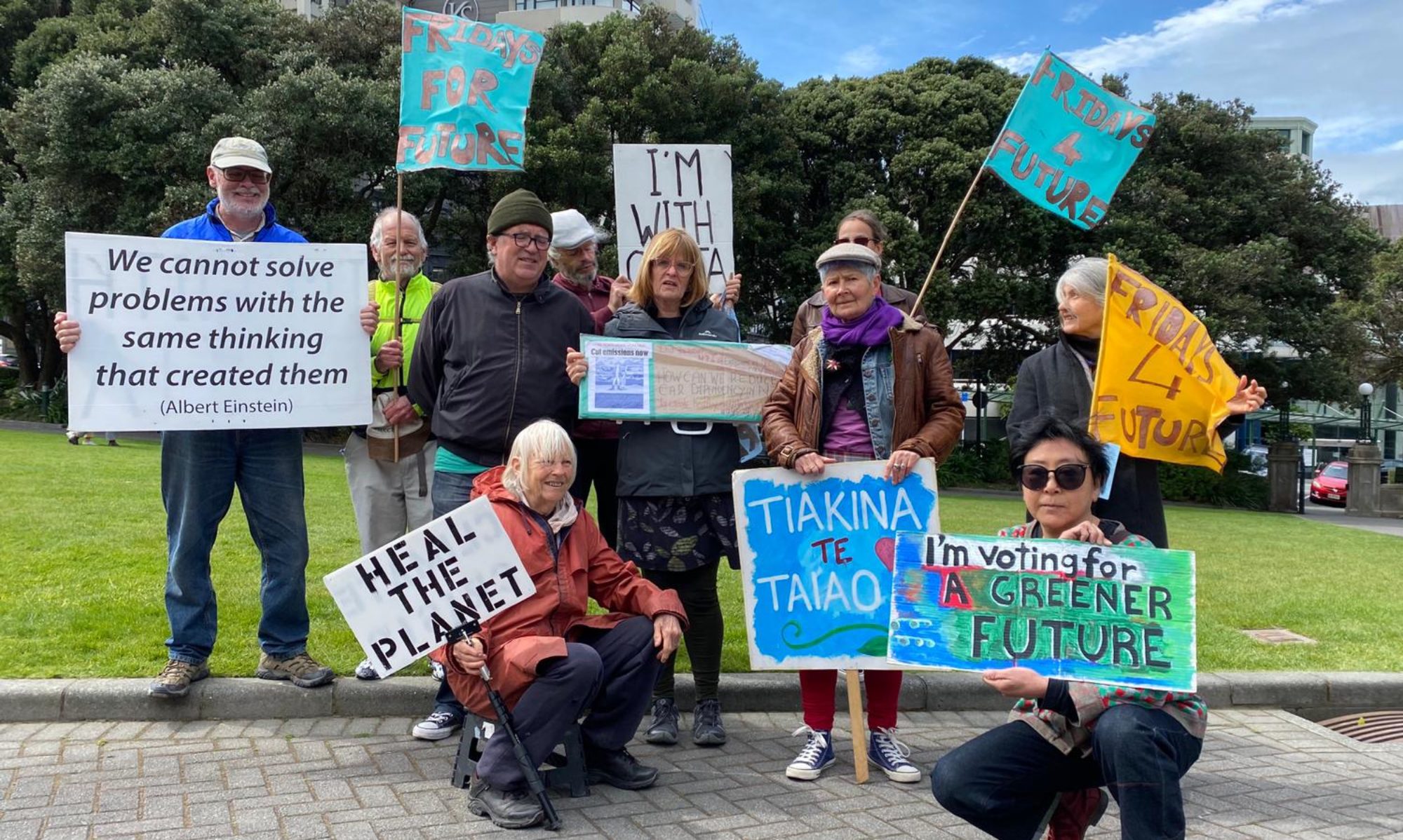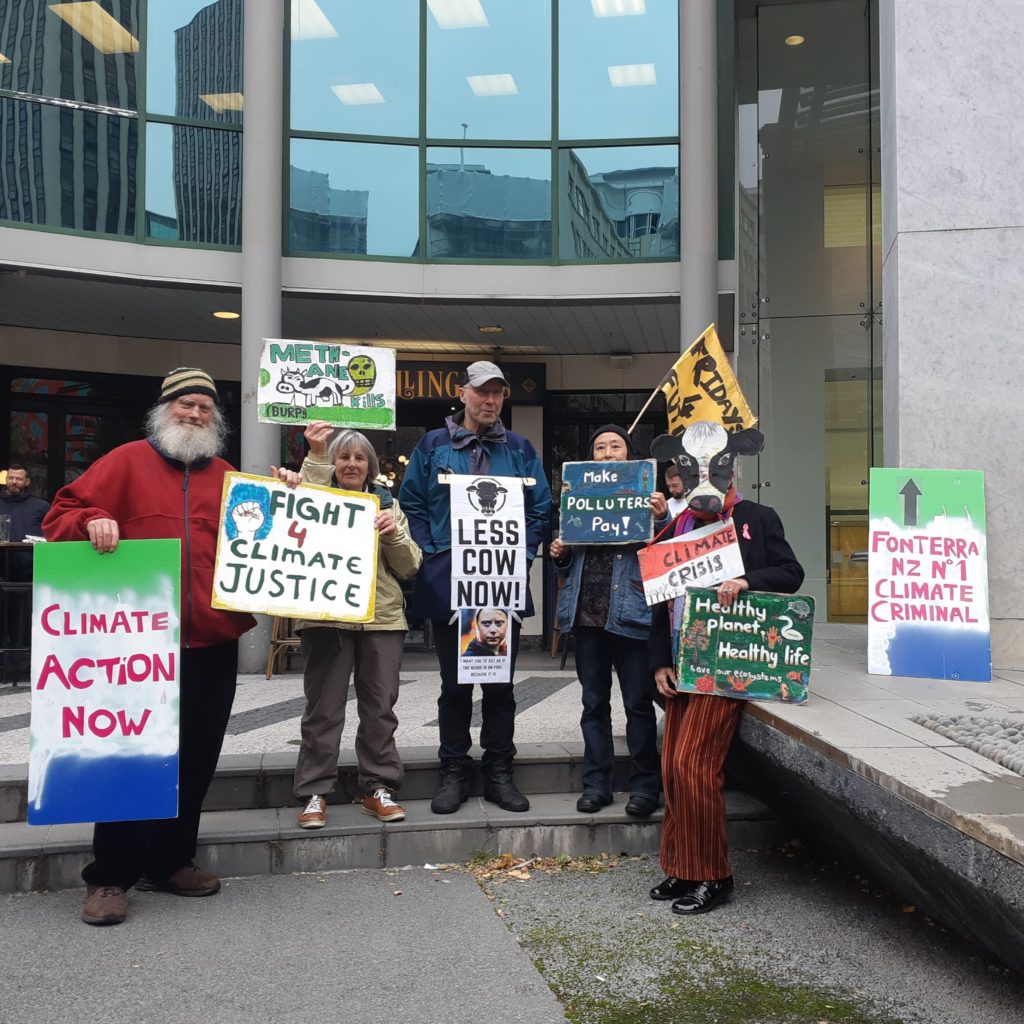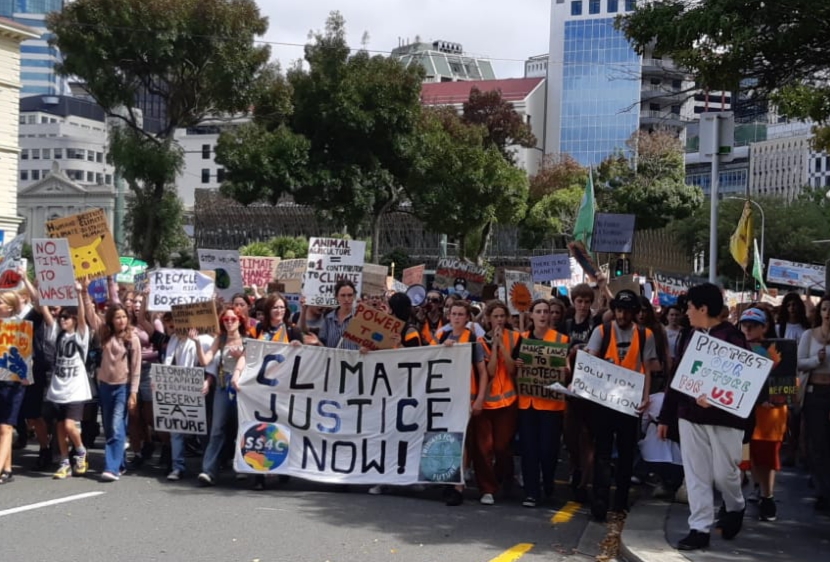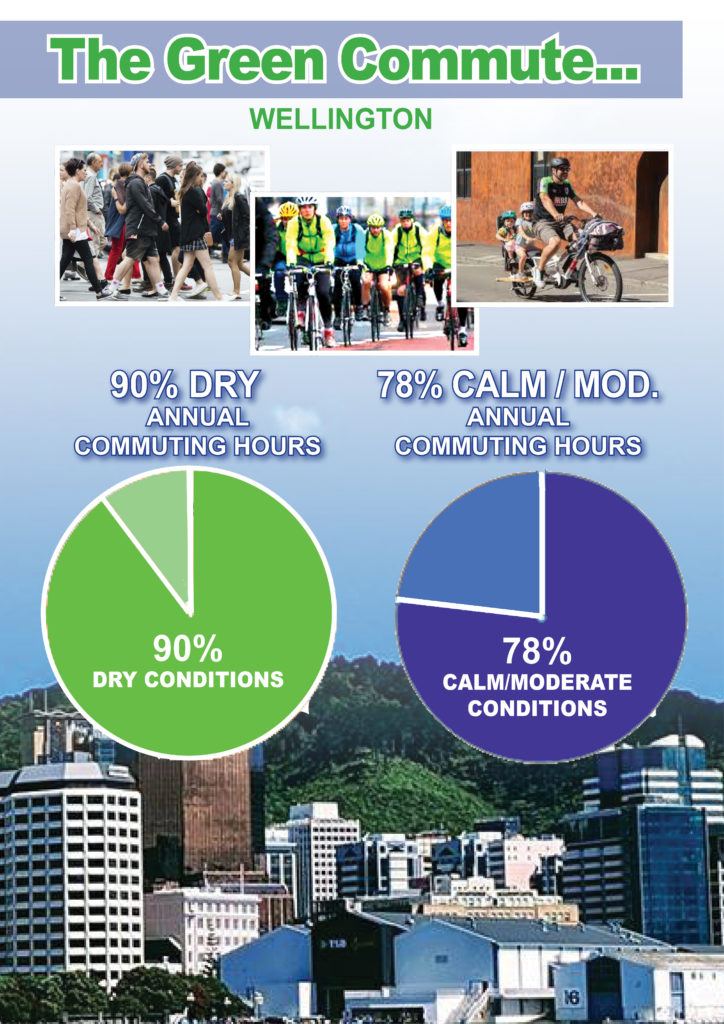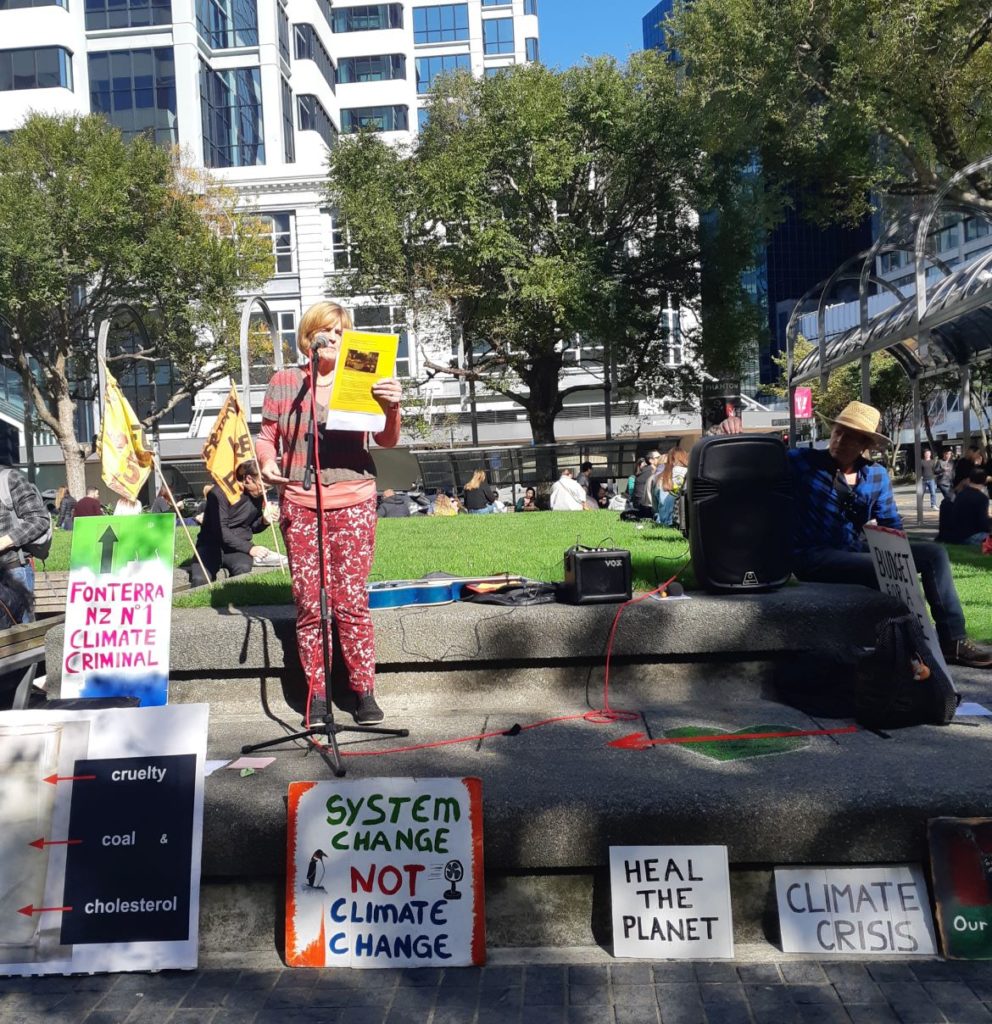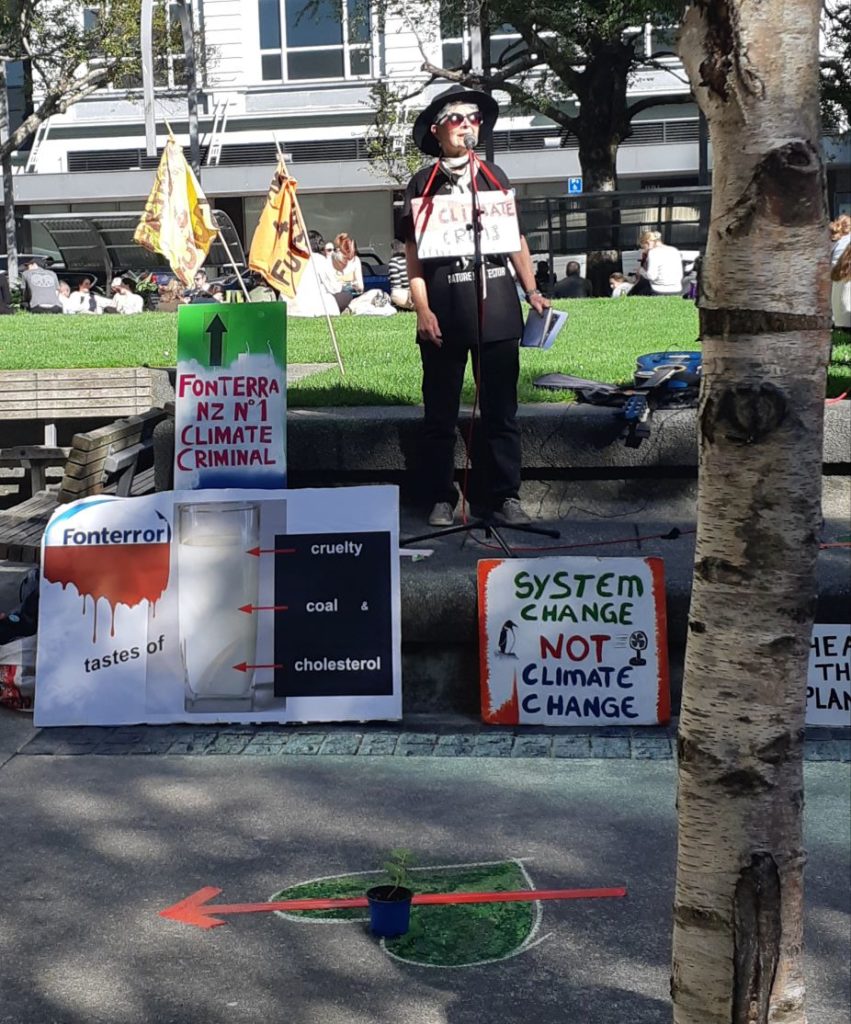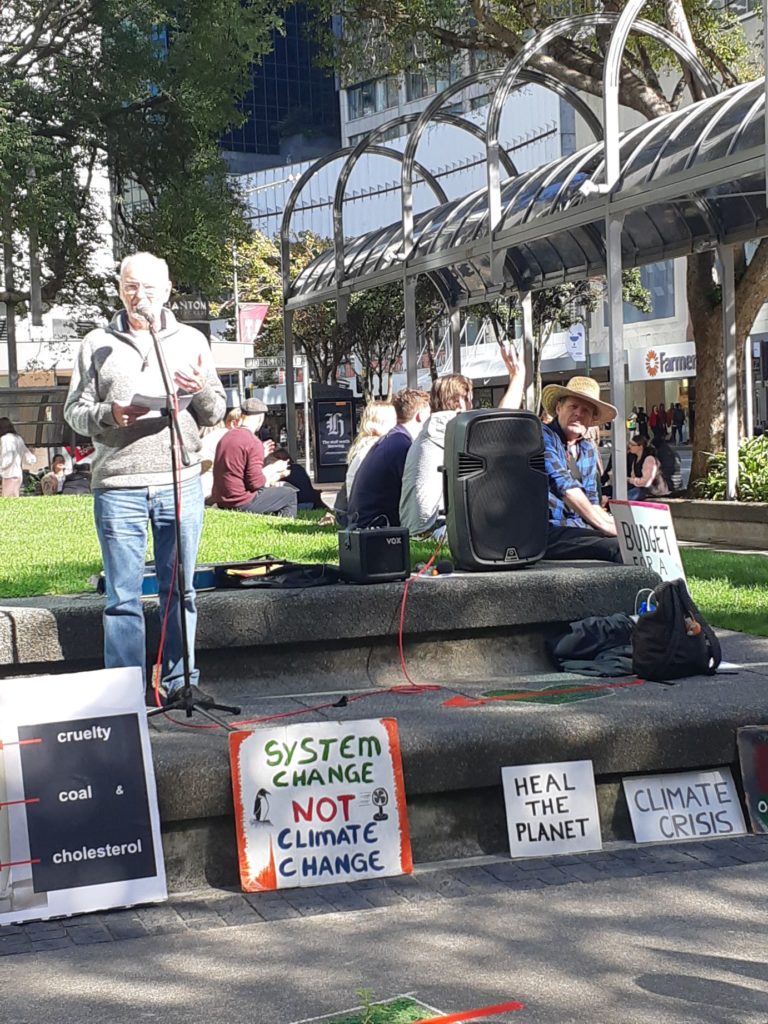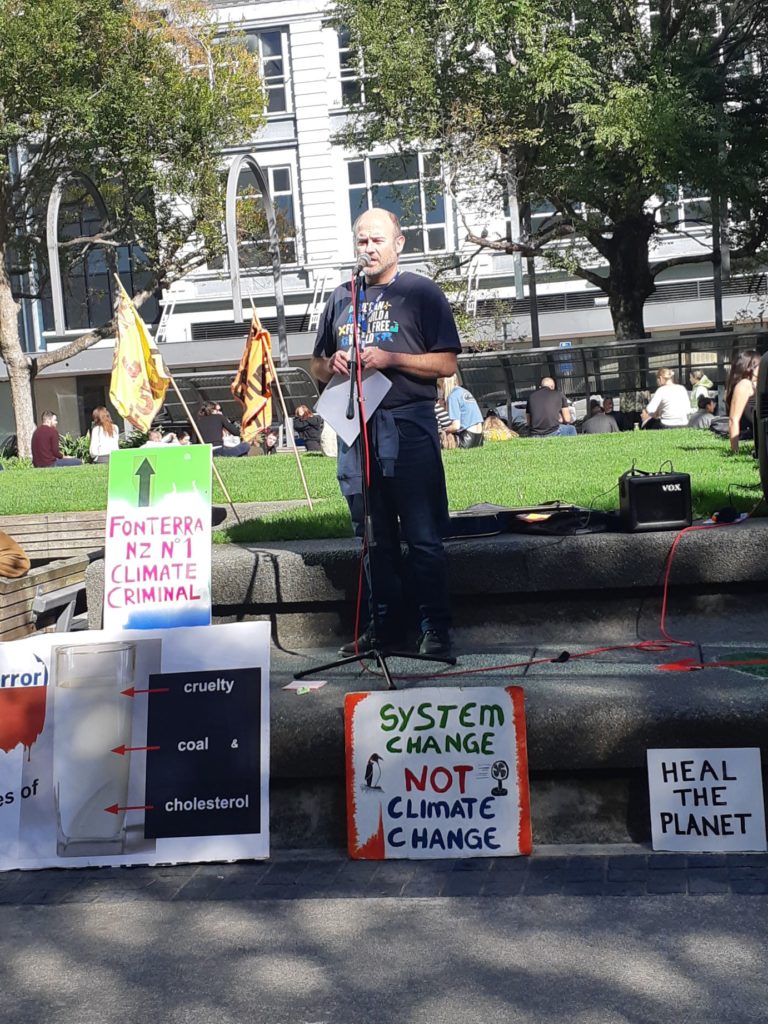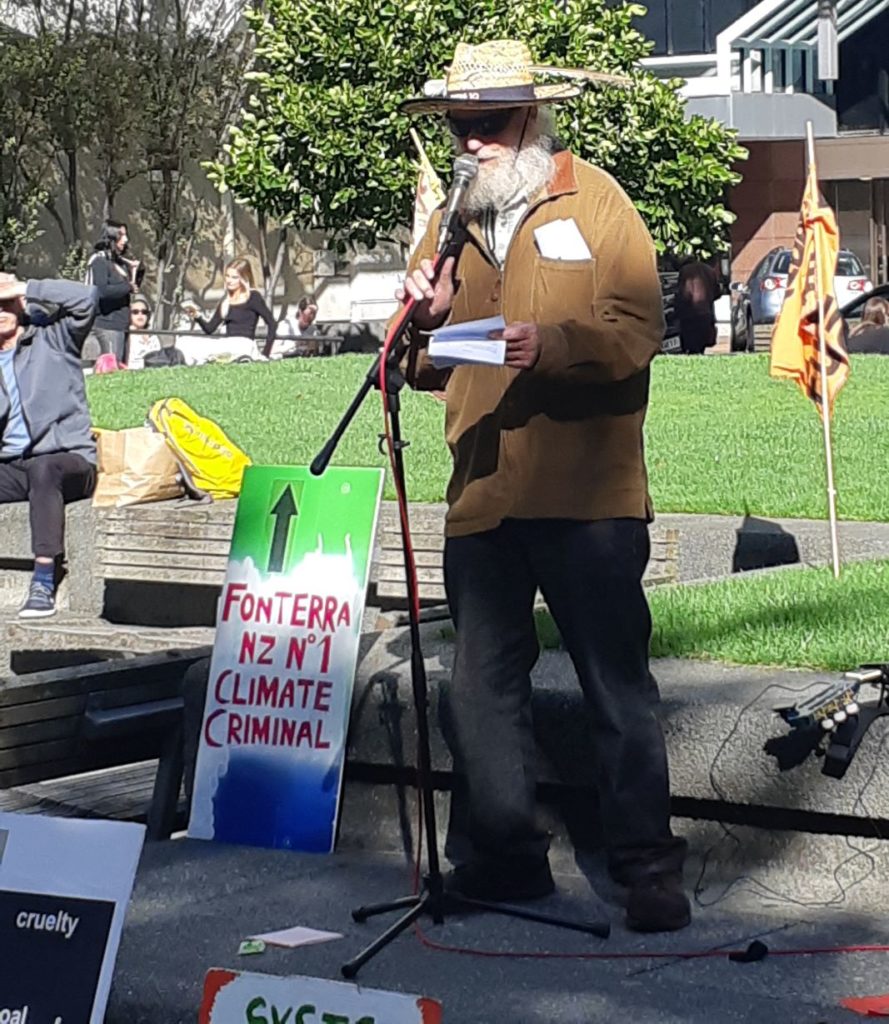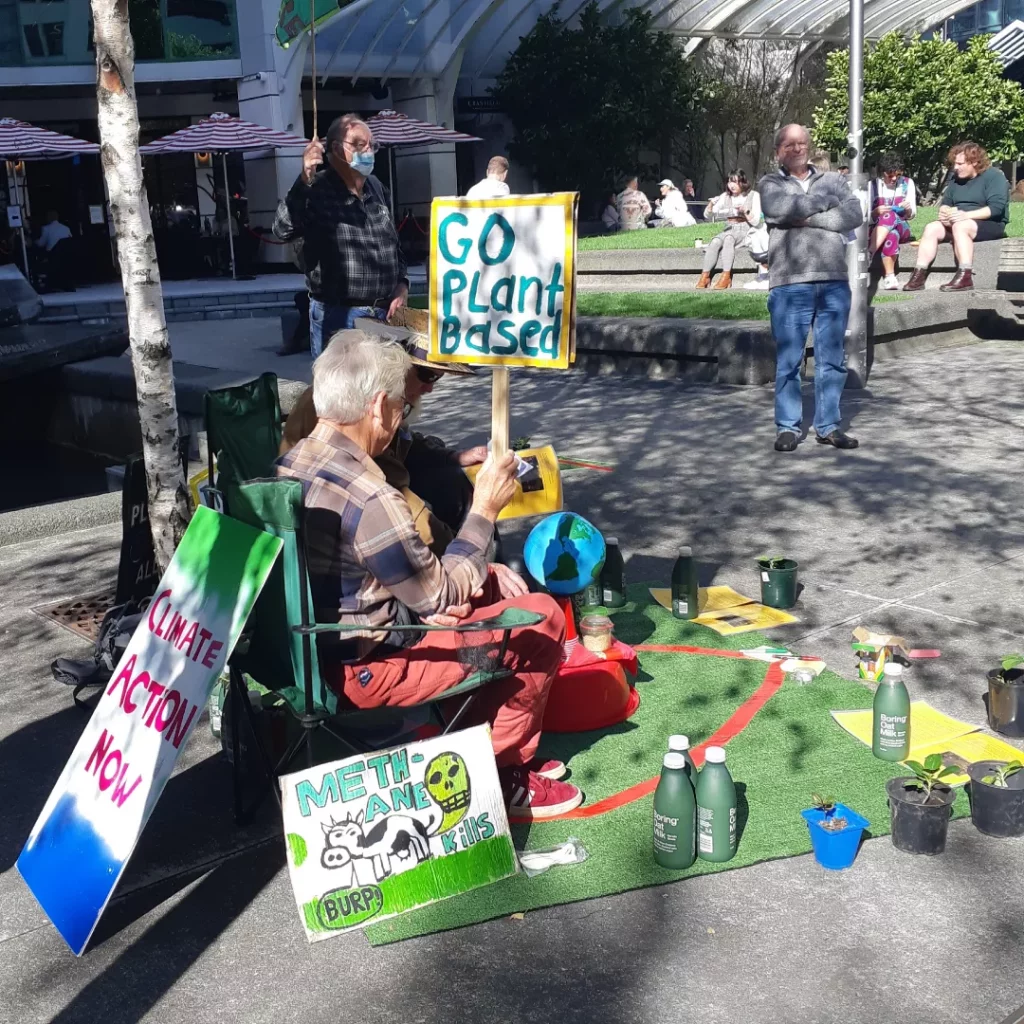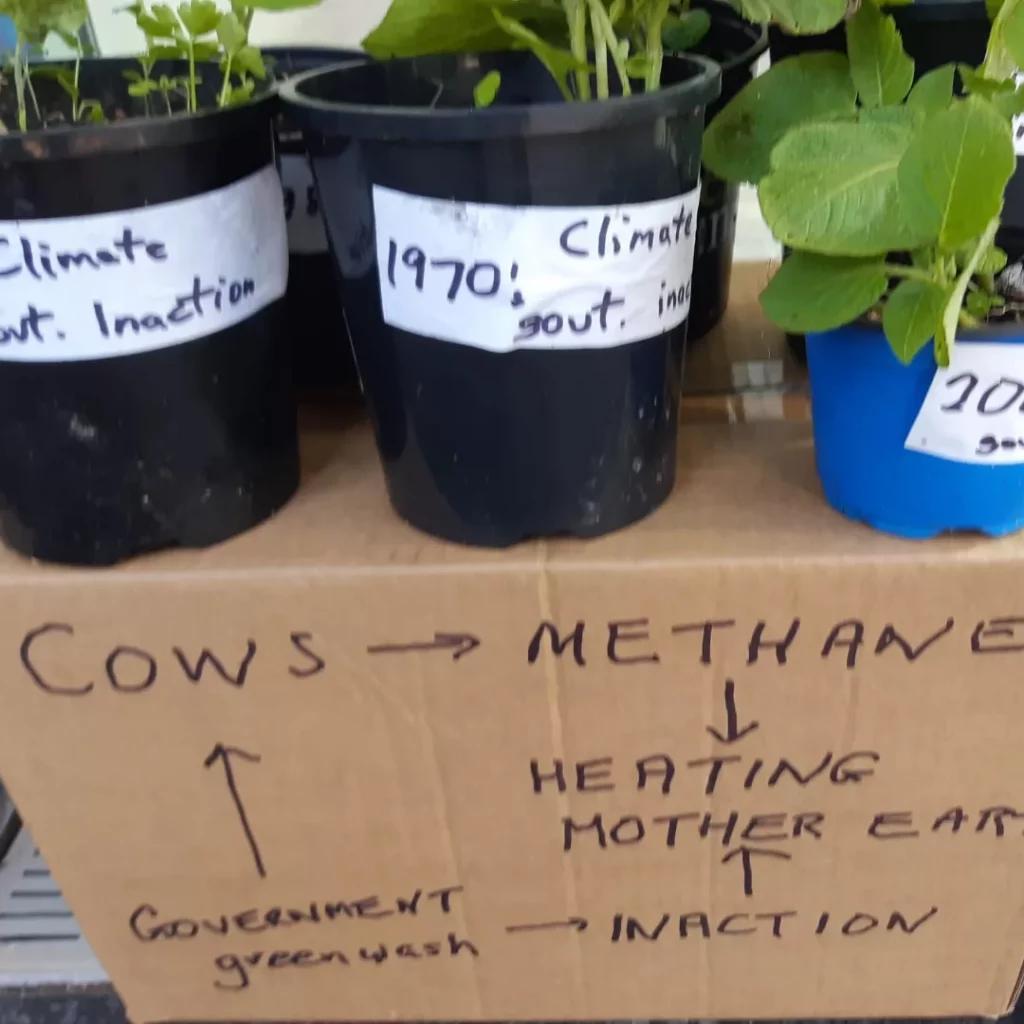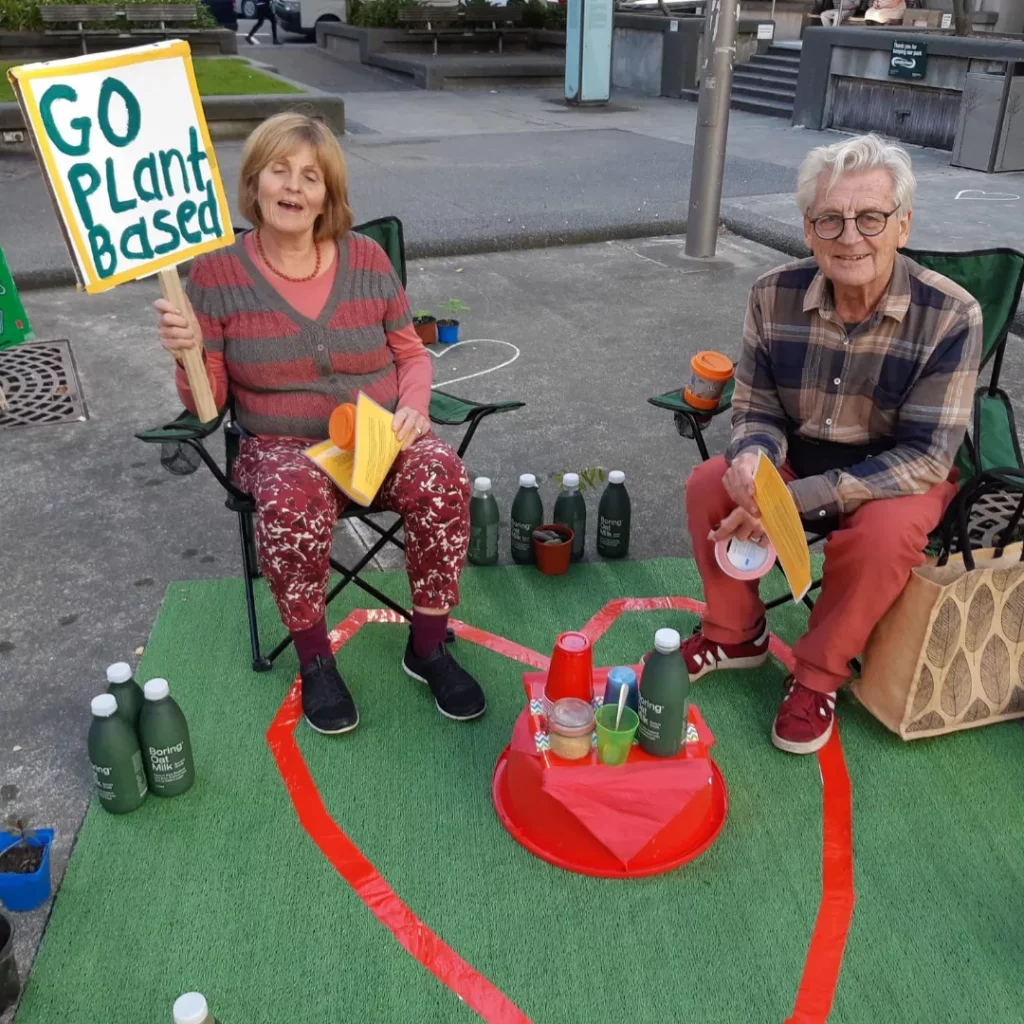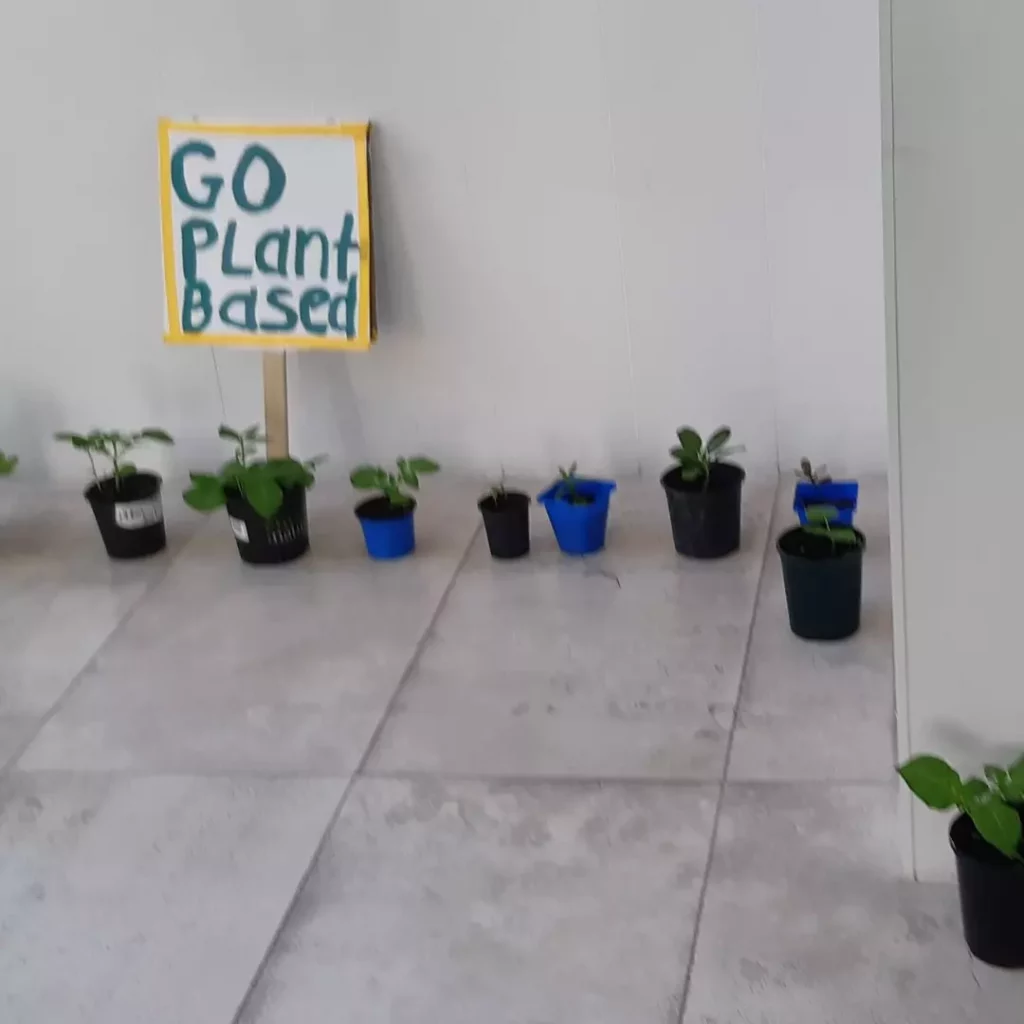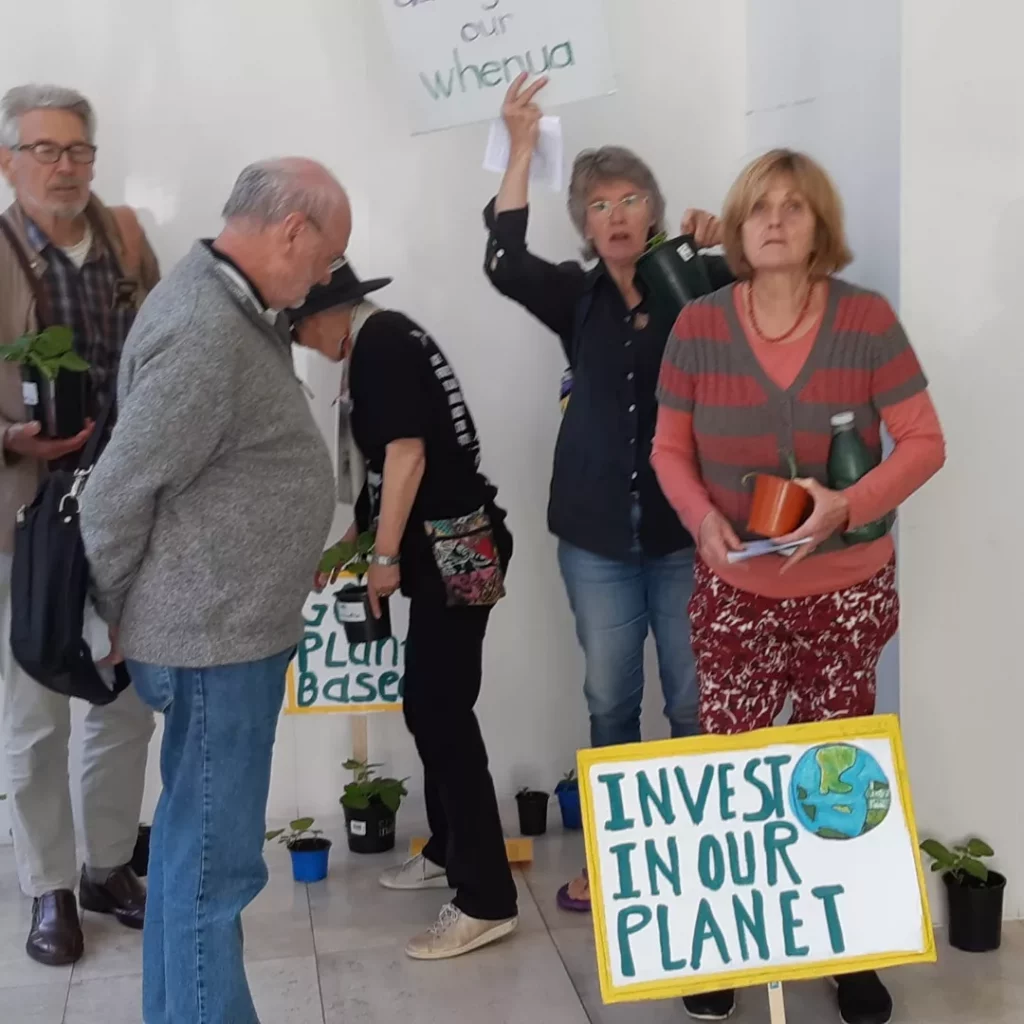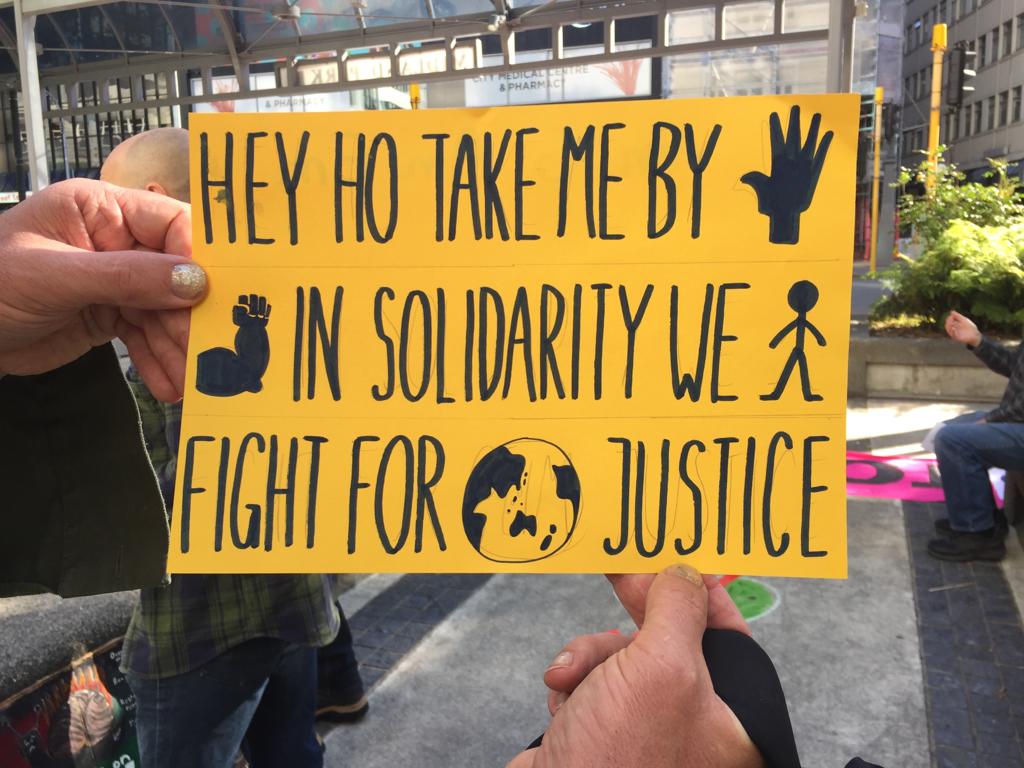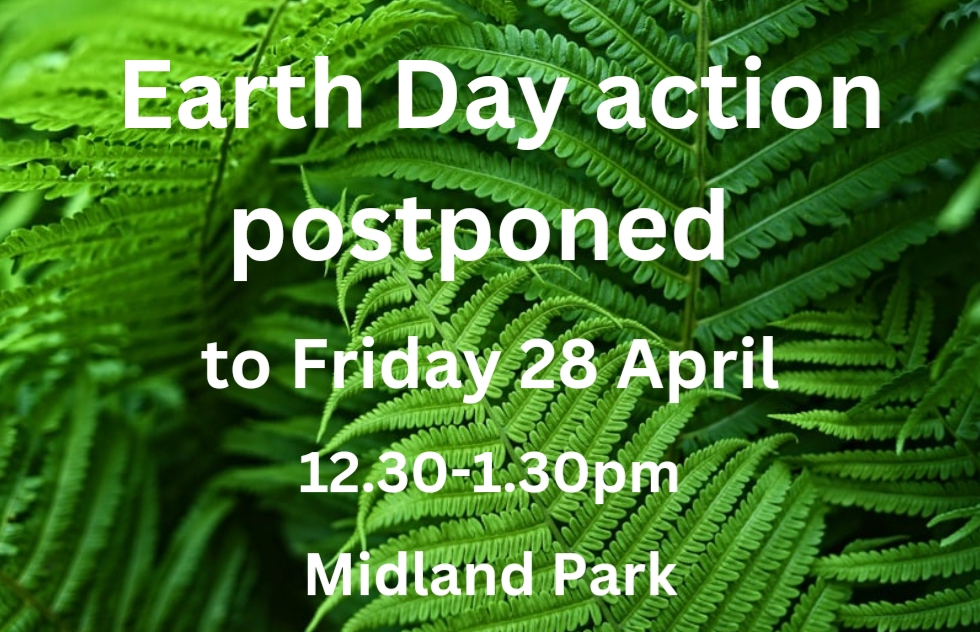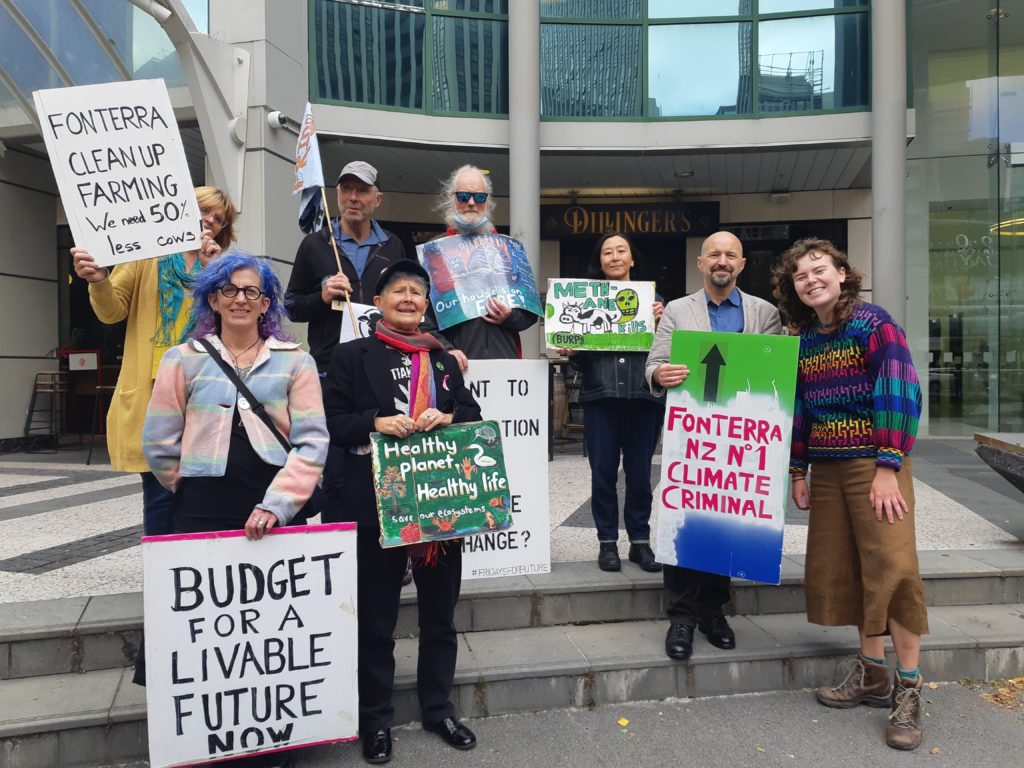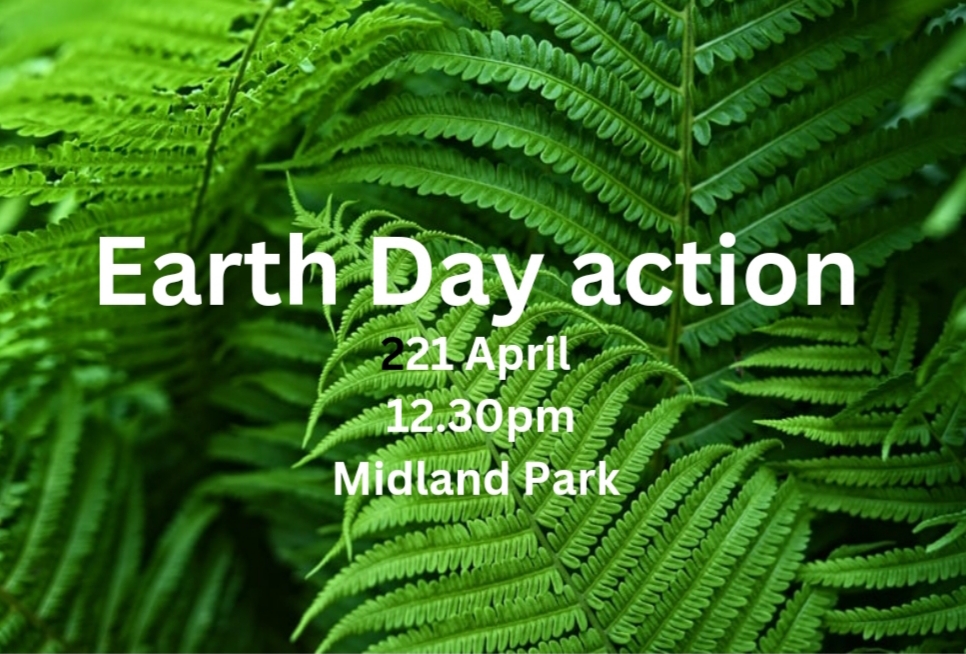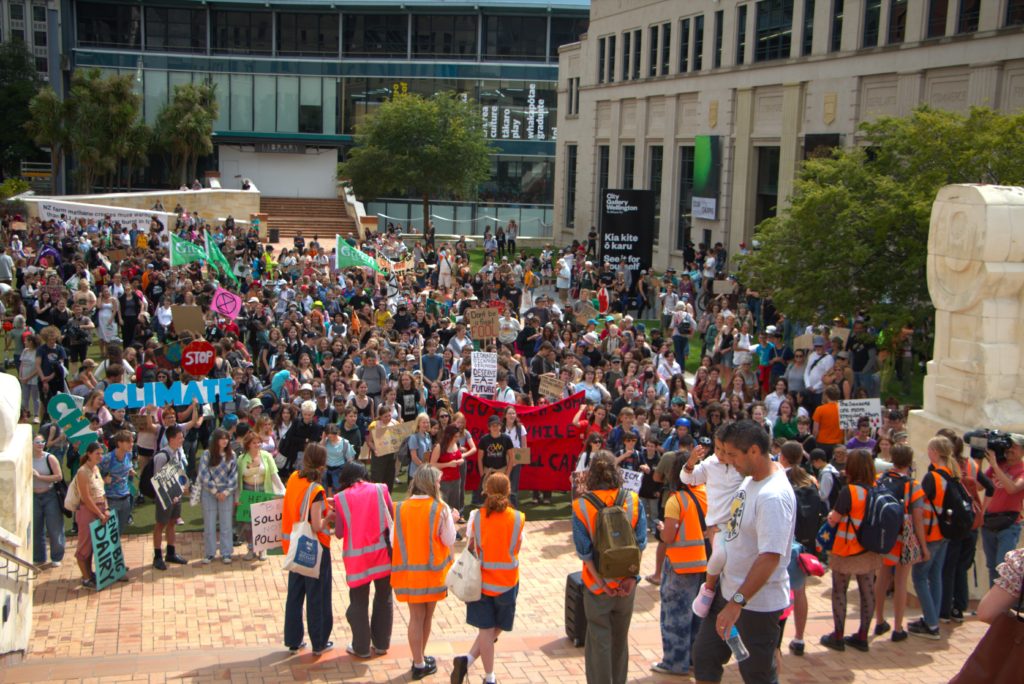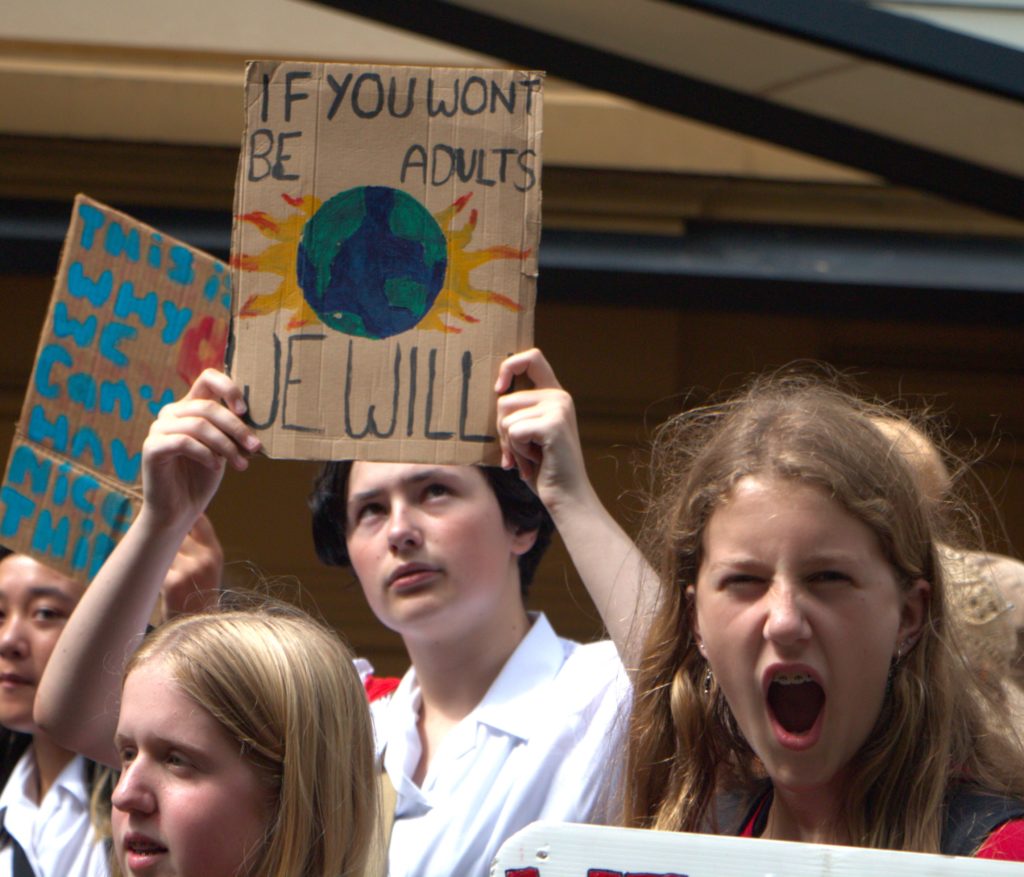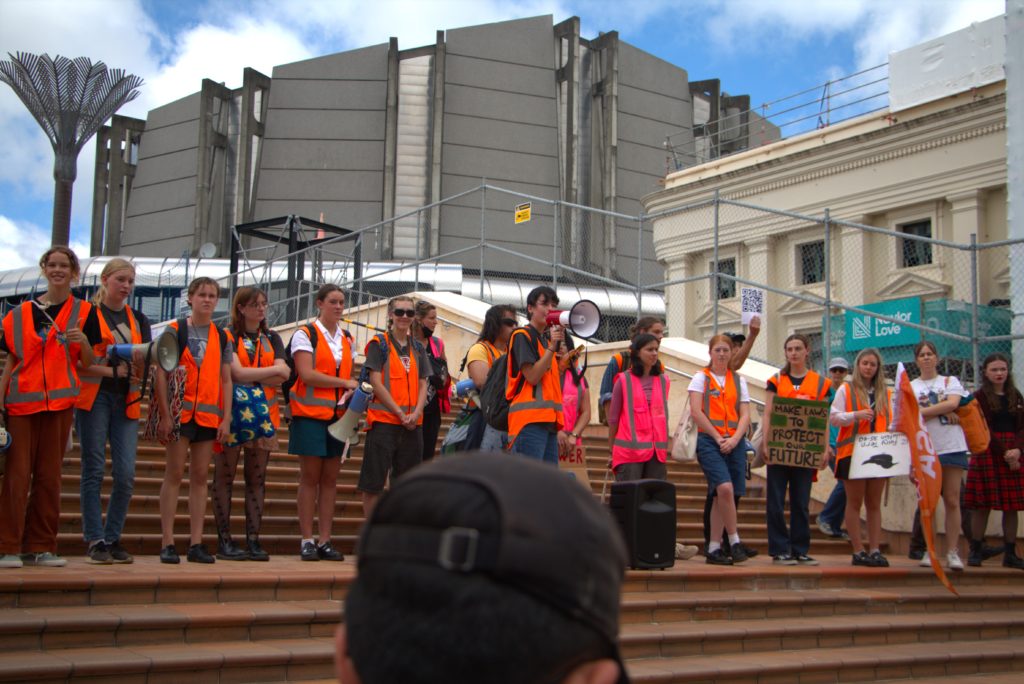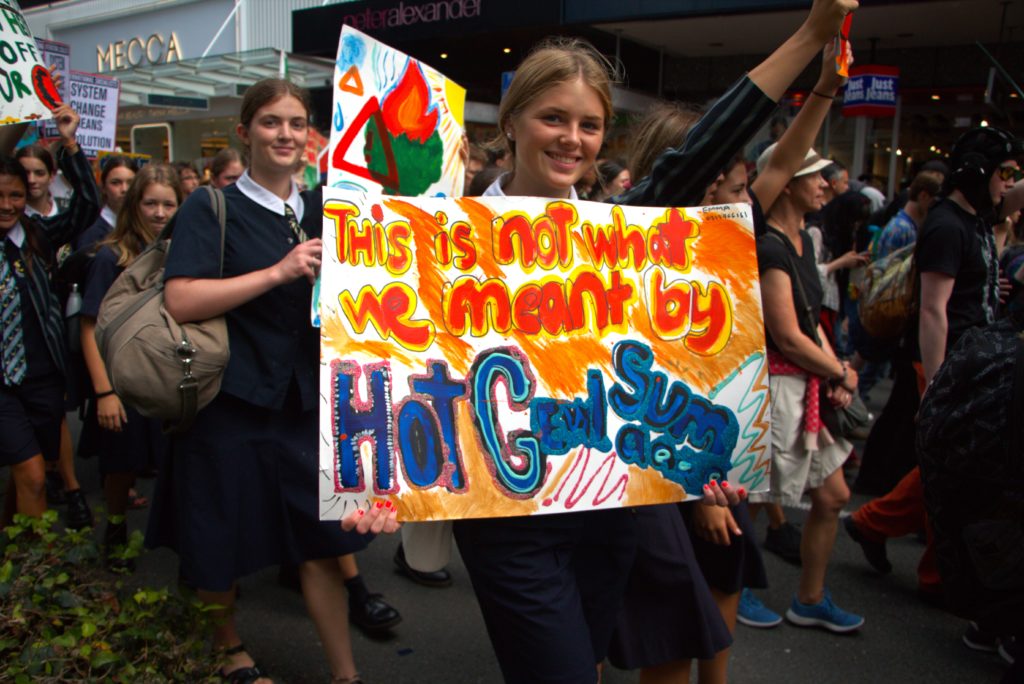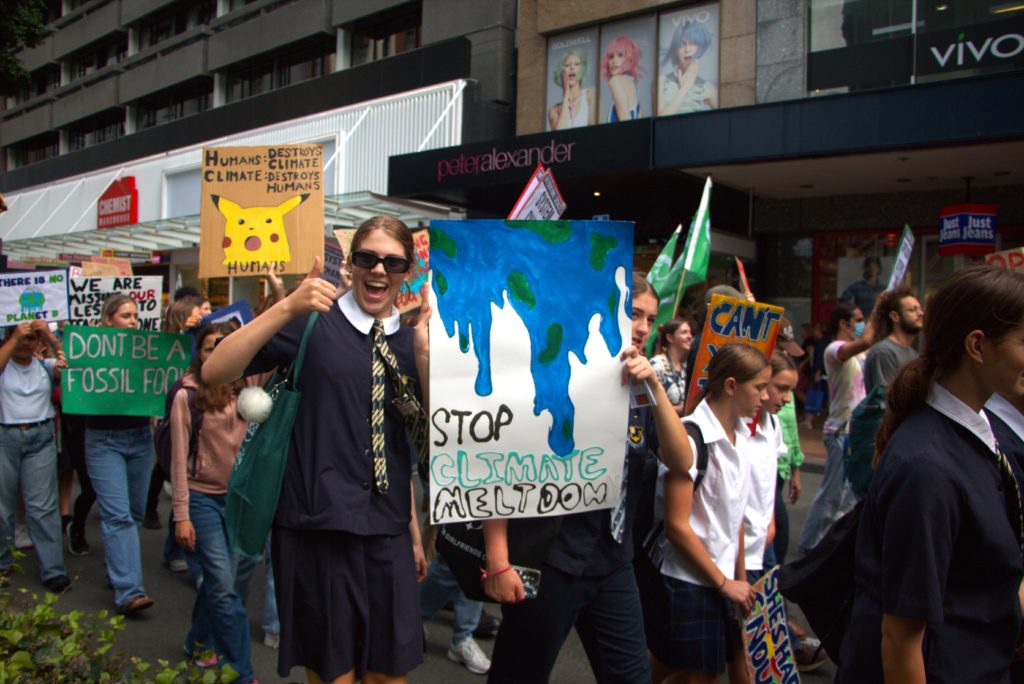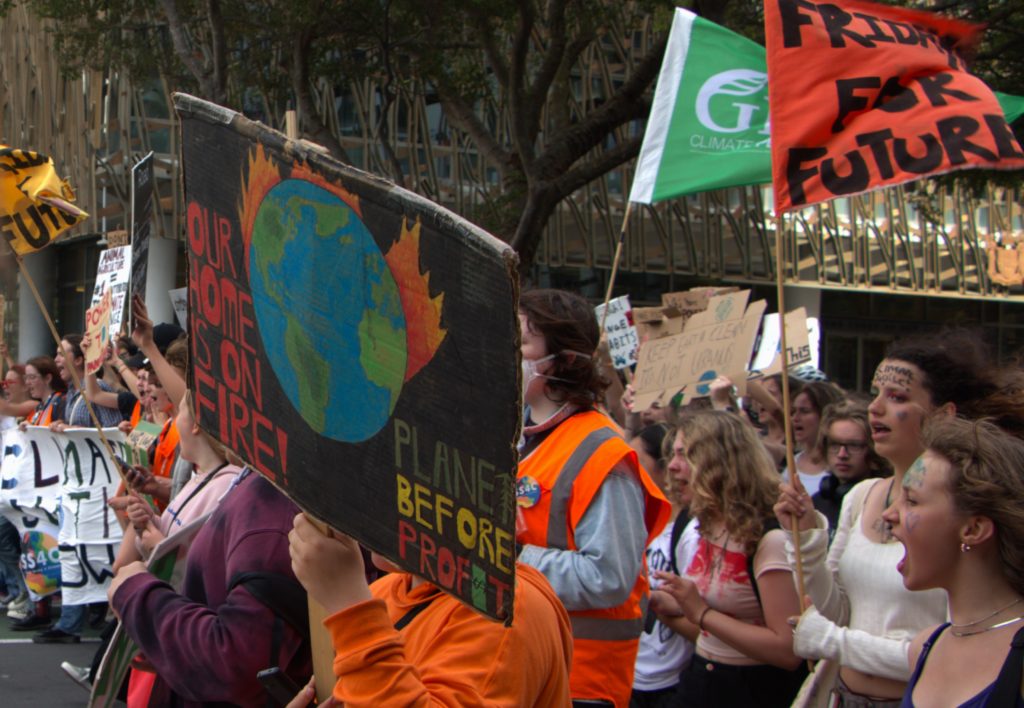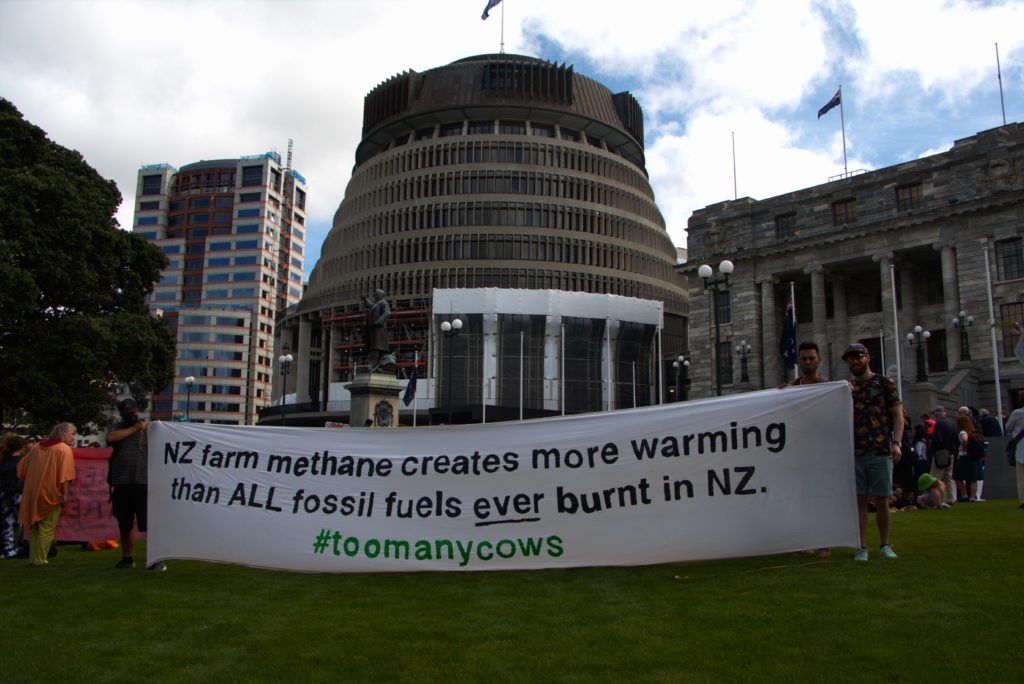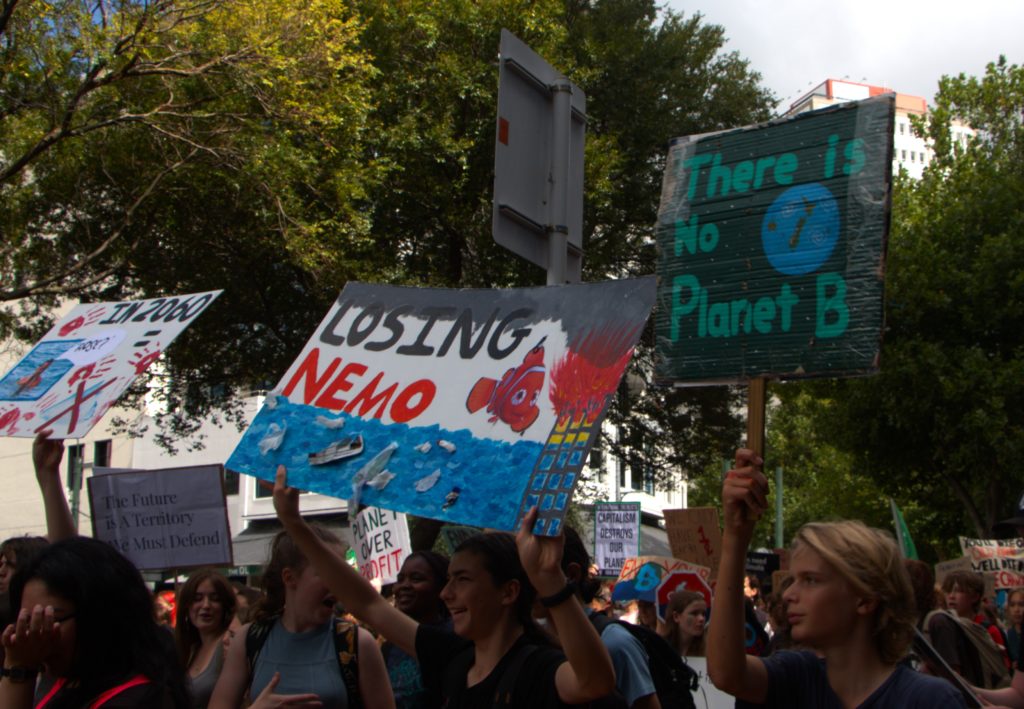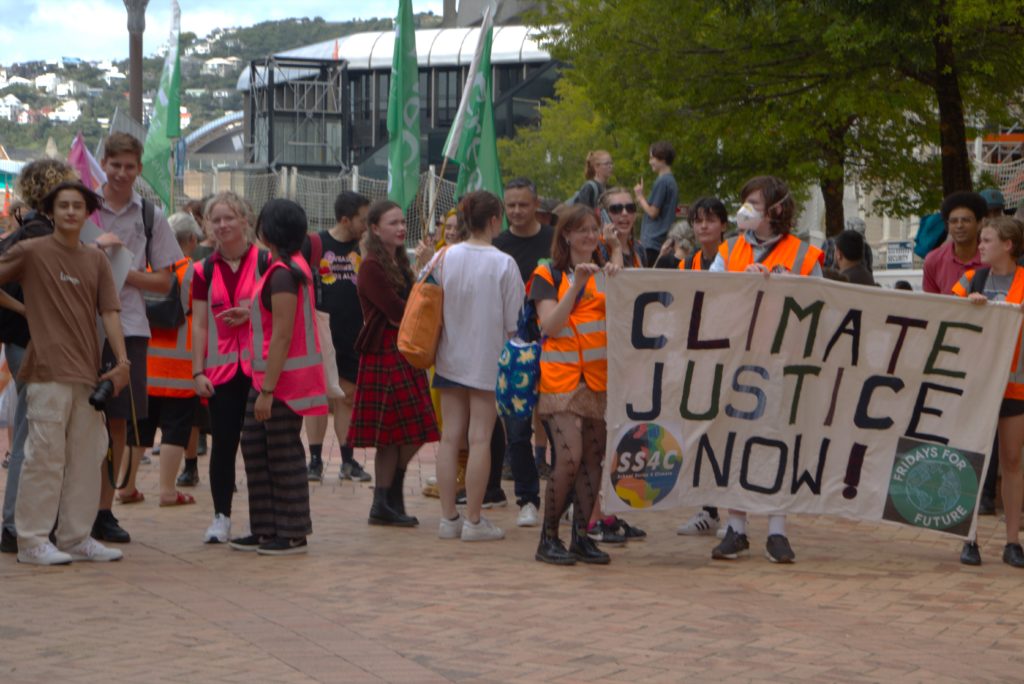A coalition of over 30 organisations from across Aotearoa has come together to launch a 10 point plan called “Climate Shift”, which calls for urgent climate action from parties across the political spectrum in the lead-up to the election.
The groups are asking their supporters and people across Aotearoa to add their names too at www.climateshift.org.nz
The 10 point plan, guided by three core themes – real emissions reductions, restoring and rewilding nature, and supporting frontline communities – outlines what the groups say are the crucial steps necessary to address the climate crisis and create a better, more sustainable society.
Some of New Zealand’s largest environmental NGOs, including Greenpeace Aotearoa, Oxfam Aotearoa, and Forest & Bird are among those calling on New Zealanders across the motu to use their voices to demand immediate action on climate change.
Jason Myers, Executive Director at Oxfam Aotearoa says: “Climate destruction affects us all, and it requires a collective effort from all political parties if we’re to achieve the necessary emissions reductions. By joining our call for urgent climate action, we can create a future that respects Te Tiriti o Waitangi and ensures a future for our whānau here and across the Pacific for generations to come.”
Nicola Toki, Chief Executive at Forest & Bird, says: “Successive governments stubbornly ignored the lessons that should have been learnt from Cyclone Bola. We just cannot afford the same inaction post-Gabrielle. Building higher stop banks isn’t the answer – instead, we need to work with nature, not against it. This means restoring and rewilding precious, ancient ecosystems which hold enormous amounts of carbon, and keep us safe during extreme weather events. Climate Shift is the blueprint for a safer future, for both our people and our planet.”
Russel Norman, Executive Director at Greenpeace Aotearoa, says: “As emissions continue to rise, the climate crisis in Aotearoa has reached a critical point. Communities across the country are now experiencing the devastating consequences of government inaction firsthand. The urgent need for climate action is undeniable. We need a climate shift, where all political parties take on New Zealand’s most polluting industries – transport, energy, and agriculture – and introduce policies that actually reduce emissions. In particular, that means phasing out synthetic nitrogen fertiliser, and halving the dairy herd, to stop Big Dairy’s excessive climate pollution.”
Alva Feldmeir, Executive Director of 350 Aotearoa, says: “Climate Shift sets a benchmark for what strong climate leadership from political leaders in Aotearoa should look like. Solutions that assert tino rangatiratanga are not just good for the climate but tackle multiple inequalities in our society. This broad coalition shows that a large group of voters want to see stronger action on climate to improve the wellbeing of land and people in Aotearoa and accross the world.”
Jenny Sahng, from Climate Club, says: “Climate Shift gives everyday kiwis the opportunity to do their bit on climate change, by making it clear where the biggest issues are in Aotearoa New Zealand. With a clear 10-point plan, people can pick an area that they connect with, and start making change in their community. This is how we solve climate change together, and we’re so excited to be part of it.”
Tuhi-Ao Bailey, from Climate Justice Taranaki, says: “We know at least 50% of our emissions are directly from agriculture. There is direct correlation with the rise in emissions and colonial land theft, the rise of fossil fuel use and the industrial period of machines, agricultural chemicals and mass deforestation. We can dig our heels in and moan about not wanting to change anything and suffer more, or we can get on with rapid transition now.”
Cindy Baxter, from Coal Action Network Aotearoa, says: “Kiwis across the country, from Nelson to Tairawhiti, Hawkes Bay and Auckland are struggling to come to terms with the devastation severe climate impacts have wreaked on their homes and livelihoods. These events should put climate action at the heart of this election. Our politicians need to understand this is a climate emergency and act accordingly.”
Caril Cowan, from Extinction Rebellion, says: “Urgent action is necessary to avert the severity of the climate crisis we are already in.”
Sophora Grace, from Fridays For Future Tāmaki Makaurau, says: “We need real emissions reduction, not smoke and mirrors. We want to see our political leaders take real steps to show they are learning about how ecosystems actually work. Offsets are a huge greenwash; It’s like cutting off your arm to save your leg. We need real leadership, we need real solutions.”
Francesca Pouwers, from Fridays for Future Te Upoko o Te Ika, says: “This call is timely. We want and need a shift in our human ways of being. Act like we are a part of nature; share resources equally to create climate justice; stay within our planetary boundaries so life on Earth can thrive. Act like it’s a climate emergency in truth – not just “blah blah blah”. Politicians listen up now!”
Tim Jones, from Living Streets Aotearoa, says: “We know how to reduce emissions in transport. In our cities, it comes down to more people walking, more people cycling, and more people using public transport. It’s time for our politicians to commit without further delay to funding significant improvements to the pedestrian network, completing urban cycleway networks, making public transport affordable and reliable, and building rapid transit networks in our major cities.”
Barry Coates, from Mindful Money, says: “Reckless financing has been driving the climate crisis. We need individuals across Aotearoa to take control of their KiwiSaver and investment funds, so they channel their savings into climate solutions, not fossil fuels. And we need investment providers to get real about being part of the solution, not continuing to fuel the climate crisis.”
Niall Robertson, from The Rail Advocacy Collective, says: “More rail, less road for people and freight.”
ENDS
For comment from any Climate Shift coalition members, please contact:
Rhiannon Mackie, Communications and Media Specialist, Greenpeace Aotearoa: 027-244-6729, rmackie@greenpeace.org
Lynn Freeman, Media and Communications Manager, Forest & Bird: 027-381-1110, l.freeman@forestandbird.org.nz
Background:
Climate Shift: A 10 Point Plan for Climate Action includes the following key asks:
- End new oil, gas and coal exploration and extraction on land and at sea, and commit to the Port Vila Call for a Just Transition to a Fossil Fuel Free Pacific.
- Protect communities by making room for rivers to flood safely and enabling a managed retreat from flood-prone areas, through stopping new development in coastal and river flood zones.
- Maximise native forests’ role in absorbing carbon and in protecting communities from flooding and erosion by effectively controlling deer, goats, and possums on all public land, and implementing a native reforestation programme.
- Transition intensive dairying to low emissions farming by phasing out synthetic nitrogen fertiliser and imported animal feed, reducing herd size, and banning new large-scale irrigation schemes.
- Preserve the ocean’s crucial role in storing carbon by shifting to ecosystem-based fisheries management that ends bottom trawling and restores kelp forests by reversing all kina barrens.
- Accelerate the just transition to public and locally-owned, nature-friendly, renewable electricity, including by providing grants-based and equitable finance for new renewables, such as household solar and community energy projects.
- Transition towards high-density, low emissions communities by making public transport fares free and prioritising investment in walking, cycling, and accessible public transport infrastructure over road spending.
- Protect the role wetlands and estuaries play in storing carbon and softening extreme weather event impacts by doubling the area of wetlands in Aotearoa New Zealand.
- Ensure our laws reflect the urgency required to address the climate crisis by strengthening the Emissions Trading Scheme, legally requiring all local and central government decisions to keep warming below 1.5 degrees Celsius, and establishing meaningful environmental bottom lines in new planning rules.
- Stand with affected communities in the Pacific by renewing and scaling up our climate finance commitments, with new and additional funding to address loss and damage caused by climate change.
Climate Shift website: www.climateshift.org.nz
Fridays for Future Te Upoko o Te Ika is a supporter of the Climate Shift 10 point plan.
